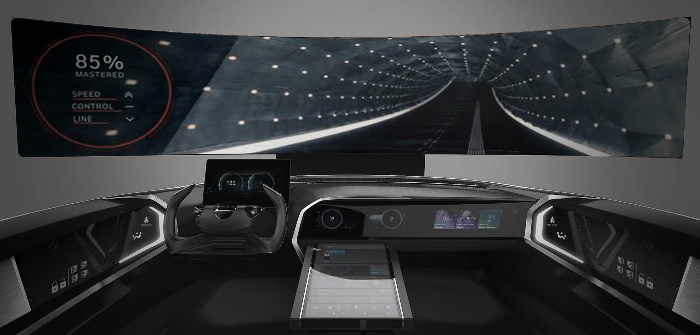Hyundai and Aurora have entered into a partnership to jointly develop Level 4 self-driving vehicles with the aim of introducing them on the market by 2021.
Aurora’s self-driving technology will be incorporated into new customized Hyundai models. Work will initially focus on the ongoing development of hardware and software and the back-end data services required for Level 4 automation. Level 4 AVs as defined by SAE can operate without human input or oversight under select conditions.
“We know the future of transportation is autonomous, and autonomous driving technology needs to be proven in the real-world to accelerate deployment in a safe and scalable manner,” said Dr Woong Chul Yang, vice chairman of Hyundai Motor Group.
“Combining our advanced vehicle technology that embeds the latest safety features with Aurora’s leading suite of Level 4 autonomous technology will advance this revolution in mobility with Hyundai in a leadership position.”
Hyundai’s next-gen fuel-cell vehicle, which debuted at CES 2018 in Las Vegas, Nevada, this week, will be the first model to be used for testing later this year. The fuel-cell powertrain is said to provide an ideal platform to implement autonomous driving technologies, which requires a massive amount of power to support the large quantities of data communication as well as the operation of hardware such as sensors.
Meanwhile the OEM also unveiled its Intelligent Personal Agent at CES 2018, which will be installed in new models due to be launched in 2019. The voice-enabled virtual assistant system is being demonstrated through a connected car cockpit equipped with the feature at the show in Las Vegas. It can be used for various operations.
The Intelligent Personal Agent is unique in that it acts as a proactive assistant system, predicting the driver’s needs and providing useful information. The system recognizes two separate commands in the same sentence and can complete each task separately. It will initially understand English but will be expanded to support other major languages in future.
“Sophisticated voice recognition and AI integration are core to effectively providing drivers with the massive content and data that future connected vehicles have to offer. These elements play a key role in delivering connected-car-generated information,” said Paul Choo, director of the infotainment development group at Hyundai Motor Company.
Early next year, Hyundai will demonstrate a simplified version of the Intelligent Personal Agent in a fuel-cell electric vehicle and will conduct test drives on public roads in Korea.


